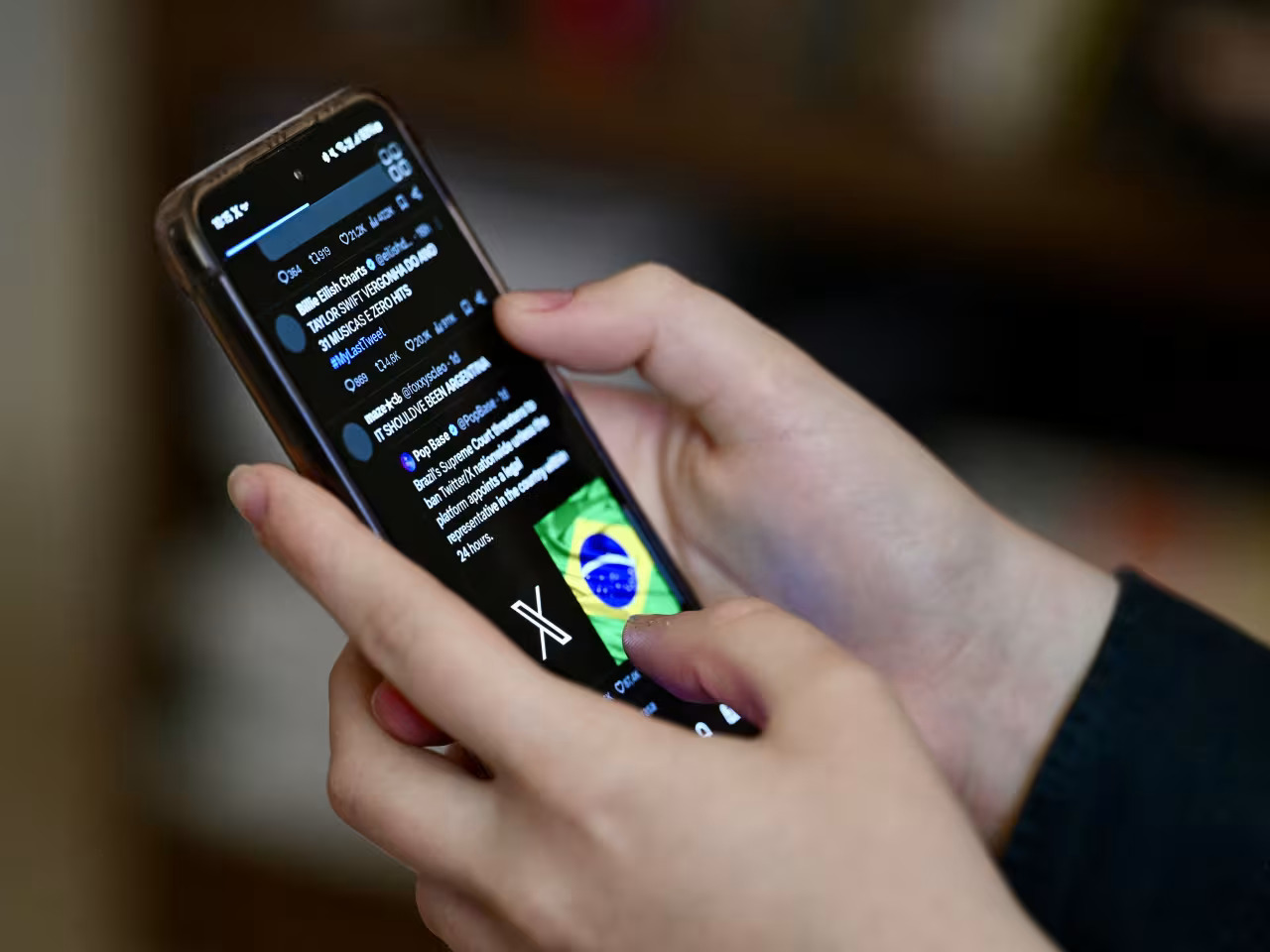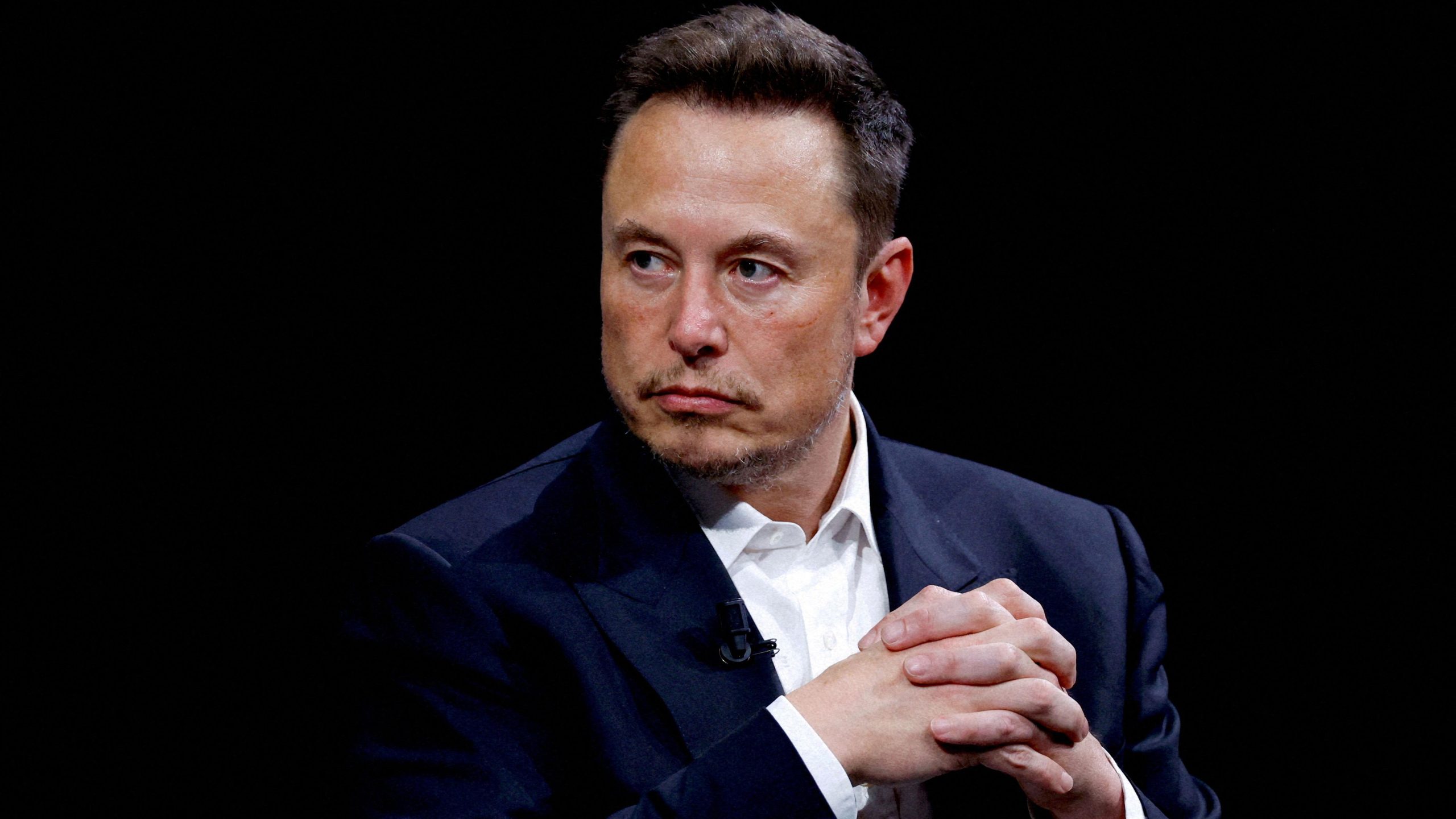Brazil’s Supreme Court has allowed X (formerly Twitter) to resume operations in the country after a long-standing legal dispute with the social media platform. The ruling came after X, owned by Elon Musk, reversed its previous stance and began complying with court orders that it had initially resisted.
Justice Alexandre de Moraes, who had been at the center of the disagreement, granted X the go-ahead, stating that the platform had met the necessary conditions for its return. The decision ends a months-long suspension that started in late August due to X’s failure to follow court rulings on hate speech moderation and its lack of a legal representative in Brazil.
The conflict began when Brazil’s courts suspended X for non-compliance with orders aimed at curbing disinformation and hate speech. X’s legal troubles deepened when it closed its Brazilian offices, failing to appoint a local representative, a requirement under Brazilian law.

Brazil’s Supreme Court Allows X to Resume Operations After Compliance with Legal Orders
Musk, who had previously denounced the orders as a form of censorship, vocally criticized the court, even going so far as to call Justice Moraes a “dictator.” However, in recent weeks, Musk softened his position, and X started blocking accounts flagged by the court, appointed a legal representative, and began paying fines, paving the way for the platform’s reinstatement.
The Brazilian government and officials were quick to celebrate the decision, viewing it as a victory for the country’s legal system. Communications Minister Juscelino Filho emphasized that the ruling reinforced Brazil’s commitment to enforcing its laws, regardless of the business or individual involved.
Justice Moraes also ordered the country’s telecommunications regulator, Anatel, to work quickly to restore X’s service within 24 hours. This legal victory follows a broader global push against the spread of misinformation on social media platforms, with governments like those in Australia and the UK similarly at odds with Musk’s platform over regulatory concerns.
X’s suspension had significant repercussions, particularly in Brazil, where it is one of the platform’s largest markets, with 21.5 million users. During the suspension, many Brazilian users turned to alternative platforms such as Bluesky and Threads, created by Meta.
The loss of market share and the legal challenges posed a major obstacle to X’s operations in the region. The situation also impacted other Musk-controlled ventures, including Starlink, whose operations were briefly frozen by the courts to cover fines linked to X’s non-compliance.
This legal resolution comes as part of a larger narrative about the global tension between social media companies and governments trying to regulate online content. Musk’s vision of free speech, while championed by some, has faced increasing resistance from governments concerned about the spread of disinformation and the potential harm it can cause to democracies.
Brazil’s court decision, however, underscores the importance of adhering to local laws, even for multinational companies, and offers a possible model for how tech platforms can operate within regulatory frameworks without sacrificing their principles.











































